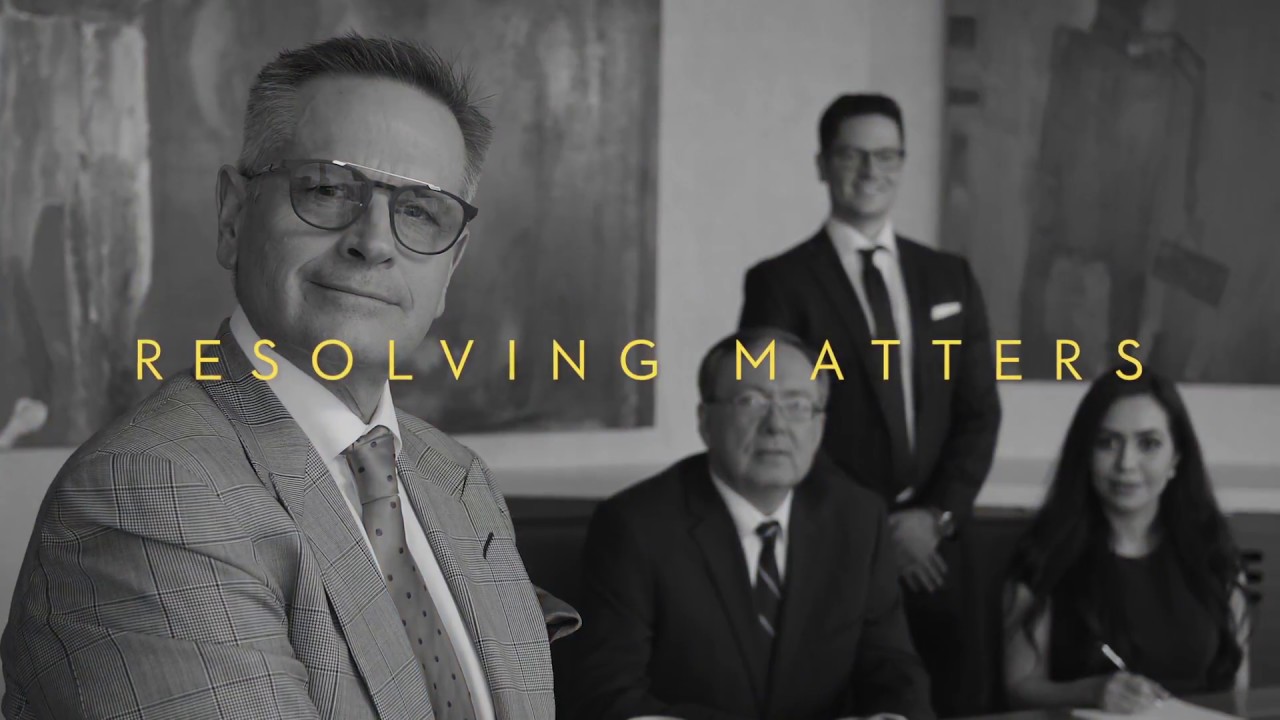
Section 211 Report Lawyers In Vancouver can ask for an assessment and written report concerning the best interests of the child and parenting capacity be prepared by a trained forensic psychologist. This court-appointed, or agreed to, forensic psychologist will often be the eyes and ears for the Court and provide expert opinion evidence by way of an assessment reduced to writing in a section 211 report to help the Judge hearing the matter properly decide parenting time and responsibility issues. In today’s blog by Lorne MacLean, QC and Fraser MacLean our Section 211 Report Lawyers In Vancouver explain how section 211 parenting capacity and best interests of the child reports are obtained and what they are.
Section 211 Report Lawyers In Vancouver 1 877 602 9900
Our senior Section 211 Report Lawyers In Vancouver explain that the “section 211 report psychologist”:
- meets with the parties and interviews them on their parenting approach,
- observes each parent with the children to assess the parent-child bond and comparative parenting skill sets,
- gives them a battery of psychological tests,
- listen to concerns each parent raises about the other,
- reviews affidavits, medical and police reports,
- speaks with collateral witnesses such as relatives, friends, coaches, and teachers, and
- prepares a written report and recommendations on child parenting time and child parenting responsibilities and decision making.
In J.B v J.P. the Court summarized the current threshold to obtain a section 211 report which can cost well over $5000 as follows:
[57] Section 211(1) of the FLA reads as follows:
211 (1) A court may appoint a person to assess, for the purposes of a proceeding under Part 4 [Care of and Time with Children], one or more of the following:
(a) the needs of a child in relation to a family law dispute;
(b) the views of a child in relation to a family law dispute;
(c) the ability and willingness of a party to a family law dispute to satisfy the needs of a child.
[58] The master relied on cases presented by the father and decided under s. 15 of the repealed Family Relations Act, R.S.B.C. 1996, c. 128 [FRA].
[59] The court has recognized that similar legal principles apply under s. 211 of the FLA as under s. 15 of the FRA: see K.B. v. J.B., 2015 BCSC 704 at paras. 6-10; and Smith v. Smith, 2014 BCSC 61 at para. 12.
[60] The general principles regarding these reports are as follows:
a) they are a tool to determine the best interests of the child;
b) they introduce some neutrality into emotionally-charged situations;
c) the evidentiary threshold to order a report is low;
d) the court takes a broad and generous approach to applications for these reports;
e) information for these reports may be based on questionnaires, interviews and observations of the child/parent interaction and collateral references; and
f) the court has the ultimate discretion to independently assess all of the evidence at trial and may come to a different conclusion as to the best interests of the child.
See K.B. at paras. 6-10 and Plant v. Kempton, 2011 BCCA 171 at para. 11.
[64] With the greatest of respect, I disagree with the assumptions underlying the father’s argument. The s. 211 report assessor can do much more than obtain the views of the child in question. Obtaining the views of the child is only one of the three areas that an assessment may cover. To determine the needs of the child, and the ability and willingness of a party, the assessor often obtains and interprets answers to questionnaires that the parties are asked to complete. Most importantly, the assessor usually observes the interaction between the child and each of the parties separately. These observations are central to the assessment and interpretation of the other information.
[65] In my view, a s. 211 report will greatly assist the trial judge, particularly given the conflicting evidence and high emotion. A neutral report is more important in a proceeding where family violence is alleged so that the trial judge can better assess all the evidence in light of the factors under ss. 37-38.
[66] I order that a s. 211 report be prepared by Dr. Rebecca England. The cost of the assessment will be borne equally in the first instance. I direct that the s. 211 report consider the factors in ss. 37(2)(a),(f),(g),(h)(i) and 38 (a)-(h), as well as the following:
a) the presence of family violence and its impact on the child;
b) the risk of future harm; and
c) how allegations of family violence were resolved or dealt with and how they relate to the opinion expressed.
Section 211 Report Lawyers In Vancouver Explain What Happens After Report Is Completed
Our Section 211 Report Lawyers In Vancouver explain that once a section 211 report is received one party may seek to return to Court to have the recommendations implemented immediately while a party who disagrees with the opinion in the report will often seek to have any decision made on implementation of the report made only after the section 211 psychologist has been cross-examined.
Remember the Judge at trial decides the issue and it is not a case of the section 211 report preparer’s report being rubber-stamped. A section 211 report is more thorough than the views of the child report or a wishes of the child report. Contact our Section 211 Report Lawyers In Vancouver to find out what report might be best for you and your children.
Contact Us Promptly
Call our Section 211 Report Lawyers In Vancouver today at 1 877 602 9900








